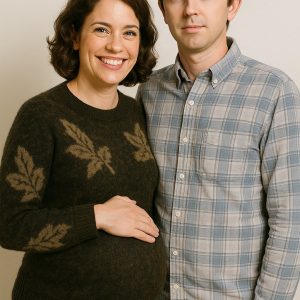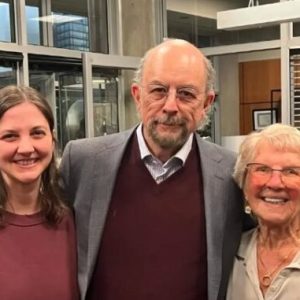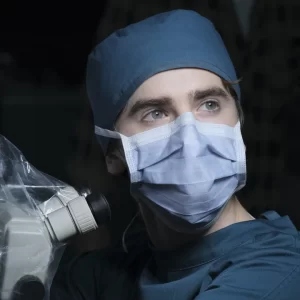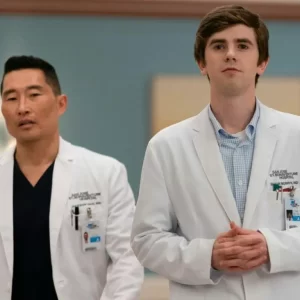In the crowded hallways of San Jose St. Bonaventure Hospital, one man walks with a purpose, a scalpel in hand, and brilliance in his mind. His name is Dr. Shaun Murphy—a young surgeon who sees the world through a lens few can understand. Diagnosed with autism and savant syndrome, Shaun’s story in The Good Doctor isn’t just about medicine. It’s about breaking barriers, reshaping perceptions, and proving that being different can be a superpower.
A Mind Unlike Any Other
From the very first episode, we’re drawn into Shaun’s mind—a place where anatomy unfolds in 3D diagrams, surgical procedures play like symphonies, and logic overrides emotion. His brain is wired differently, but that difference is what makes him extraordinary. While others see chaos in an emergency, Shaun sees patterns, pathways, and possibilities.
Autism gives him an incredible ability to hyperfocus. He notices things others miss—tiny tremors, unusual bruises, subtle symptoms. His savant syndrome gifts him with near-perfect recall, allowing him to process medical knowledge like a computer. But Shaun isn’t just a robot in scrubs. Behind the clinical genius is a young man wrestling with trauma, loneliness, and the deep desire to belong.
A Past Marked by Pain
Shaun’s journey is built on pain. Abandoned by his parents, he found comfort in his younger brother Steve, the only one who believed in him. But tragedy struck when Steve died in a freak accident—a moment that broke Shaun’s world and built the walls around his heart. That pain shaped him. It gave him his mission: to become a doctor so no one else would feel helpless like he once did.
It’s easy to root for Shaun because we’ve all felt like outsiders. We’ve all had moments of self-doubt. But Shaun’s resilience—his refusal to let others define him—is what sets him apart. Each day he walks into that hospital, he fights not just for his patients, but for the right to be seen as capable, worthy, and human.
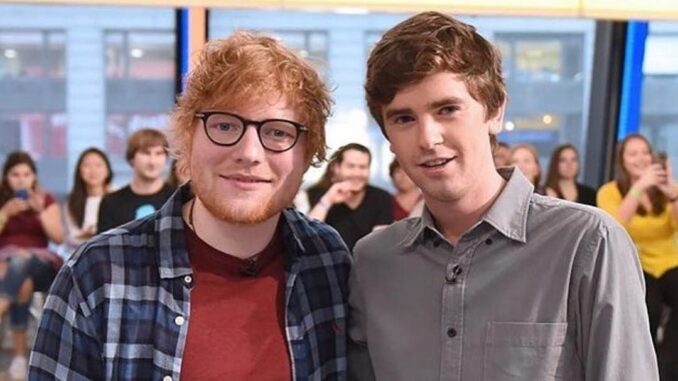
The Battle for Acceptance
Shaun doesn’t fit the mold. He doesn’t shake hands, avoids eye contact, and struggles with social norms. But he shows us that empathy doesn’t always look like hugs or soft words. Sometimes it looks like staying up all night to find a rare diagnosis. Sometimes it’s fighting hospital bureaucracy to save a life. And sometimes, it’s just showing up—again and again—even when the world says you don’t belong.
The resistance he faces isn’t just fictional. It reflects real-world bias. Many people with autism are underestimated or overlooked, especially in high-pressure professions. The Good Doctor challenges that mindset. It asks, What if the most brilliant surgeon doesn’t smile at you? What if he stims when he’s nervous, or can’t read sarcasm? Does that make him any less of a doctor?
Love, Connection, and Growth
What makes Shaun’s character even more layered is his emotional journey. We watch him fall in love, make mistakes, break hearts, and get his heart broken. His relationship with Lea isn’t perfect—it’s raw, honest, and messy. But it’s real. It proves that people on the spectrum can love deeply, even if they express it differently.
Over time, Shaun learns to navigate the complexities of adult relationships. He begins to understand that medicine isn’t always black and white—that feelings matter too. And through this, he grows. Not by changing who he is, but by embracing it.

The Unlikely Hero We Needed
Shaun Murphy is not the traditional TV doctor. He doesn’t give rousing speeches or wear his confidence on his sleeve. But he saves lives in ways no one else can. And in doing so, he redefines what strength, intelligence, and success look like.
He is a beacon for anyone who’s ever felt misunderstood. A symbol of what can happen when someone believes in you—like Dr. Glassman believed in him. Like Steve believed in him. And now, like millions of viewers around the world believe in him. The Good Doctor isn’t just a medical drama. It’s a celebration of neurodiversity, resilience, and human potential. Inside the mind of Shaun Murphy is a storm of genius, pain, love, and hope. And by stepping into his world, we become a little more compassionate, a little more understanding—and a lot more inspired.
Because Shaun isn’t just a character on a screen. He’s a reminder that brilliance doesn’t always wear a suit or say the right thing. Sometimes, it walks with a slight awkwardness, speaks a bit too directly, and feels too much—but still saves the day.
